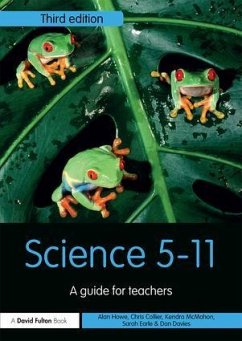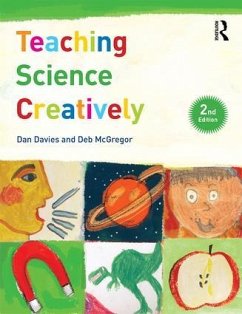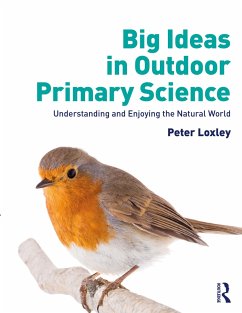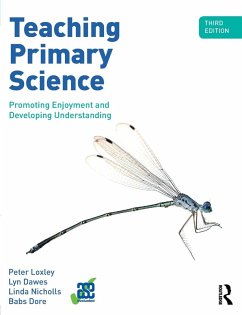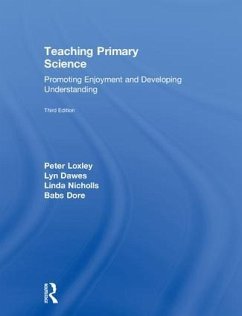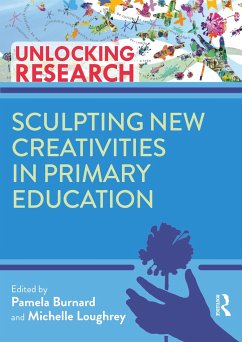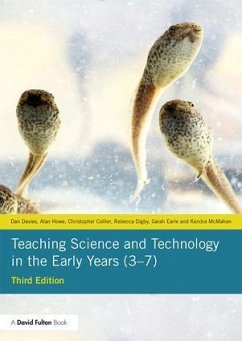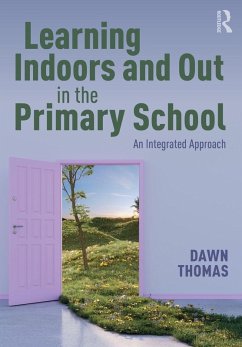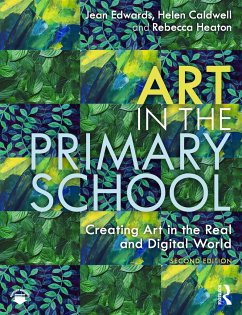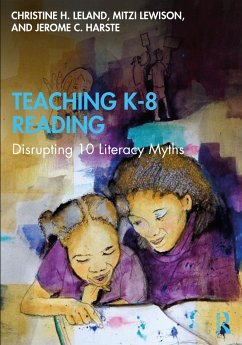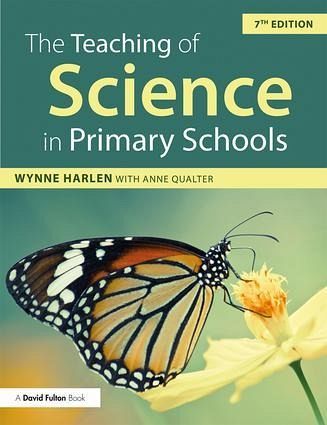
Wynne Harlen OBE (UK University of Bristol)
Broschiertes Buch
The Teaching of Science in Primary Schools
Versandkostenfrei!
Versandfertig in 1-2 Wochen

PAYBACK Punkte
38 °P sammeln!




Now in a fully updated seventh edition, The Teaching of Science in Primary Schools provides essential information for students, trainee, and practising teachers about the why, what and how of teaching primary science.
Wynne Harlen, OBE, PhD, has been involved in teaching and research in science education, evaluation and pupil assessment throughout her long career, during which time she has been Sidney Jones Professor of Science Education at the University of Liverpool, UK and Director of the Scottish Council for Research in Education. Anne Qualter, PhD, is Head of the Centre for Lifelong Learning at the University of Liverpool, UK.
Produktdetails
- Verlag: Taylor & Francis Ltd
- 7 ed
- Seitenzahl: 416
- Erscheinungstermin: 10. April 2018
- Englisch
- Abmessung: 246mm x 189mm x 22mm
- Gewicht: 792g
- ISBN-13: 9781138225725
- ISBN-10: 113822572X
- Artikelnr.: 50699437
Herstellerkennzeichnung
Libri GmbH
Europaallee 1
36244 Bad Hersfeld
gpsr@libri.de
Für dieses Produkt wurde noch keine Bewertung abgegeben. Wir würden uns sehr freuen, wenn du die erste Bewertung schreibst!
Eine Bewertung schreiben
Eine Bewertung schreiben
Andere Kunden interessierten sich für


